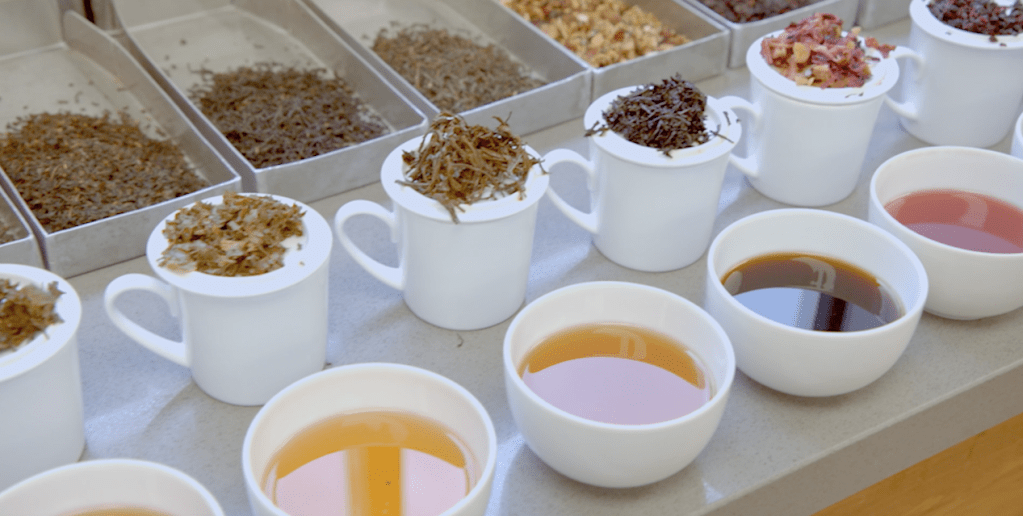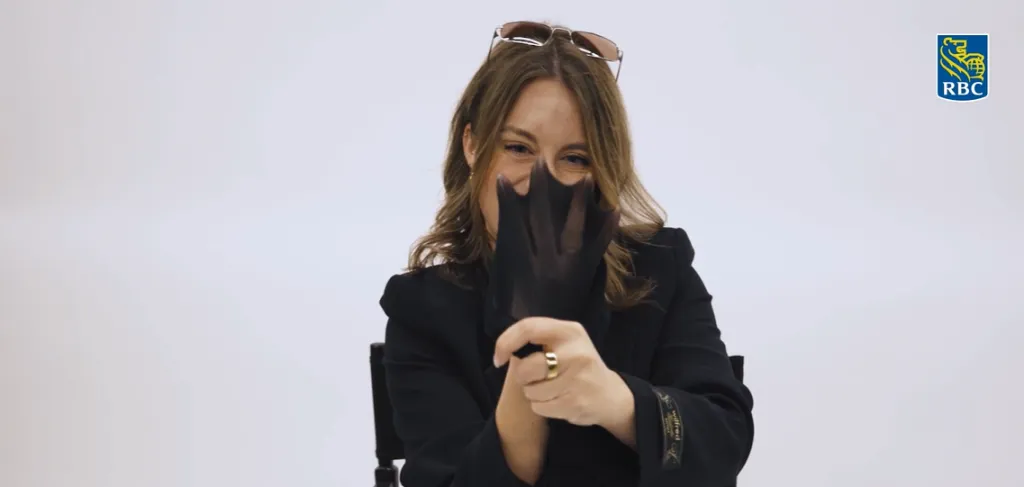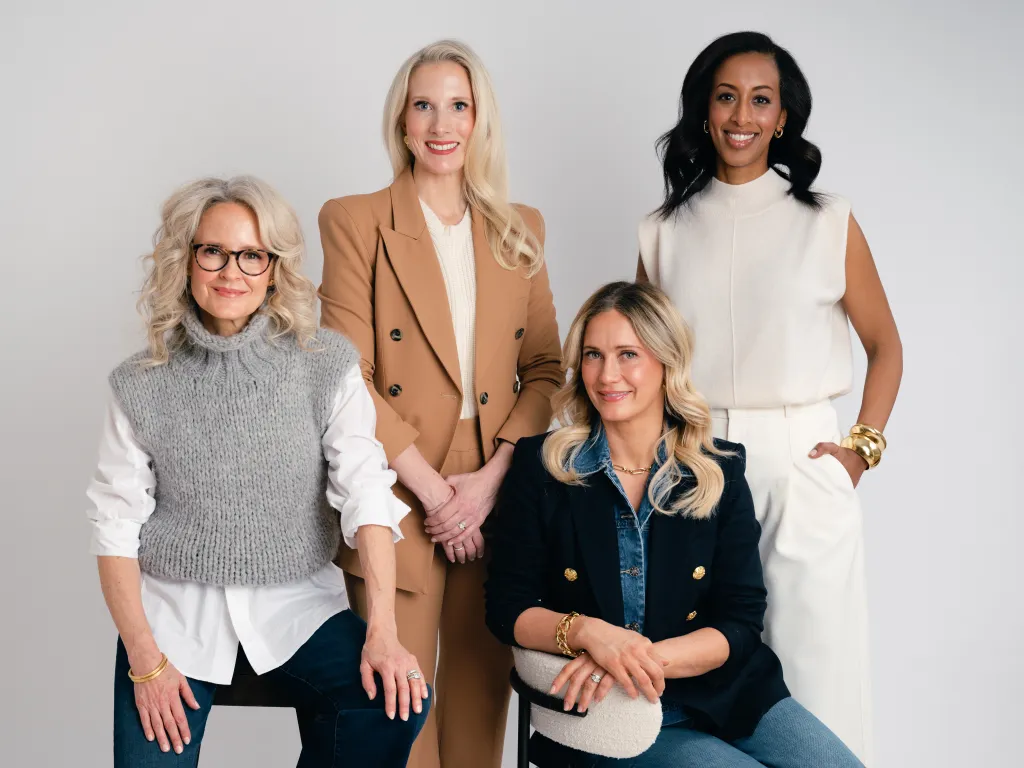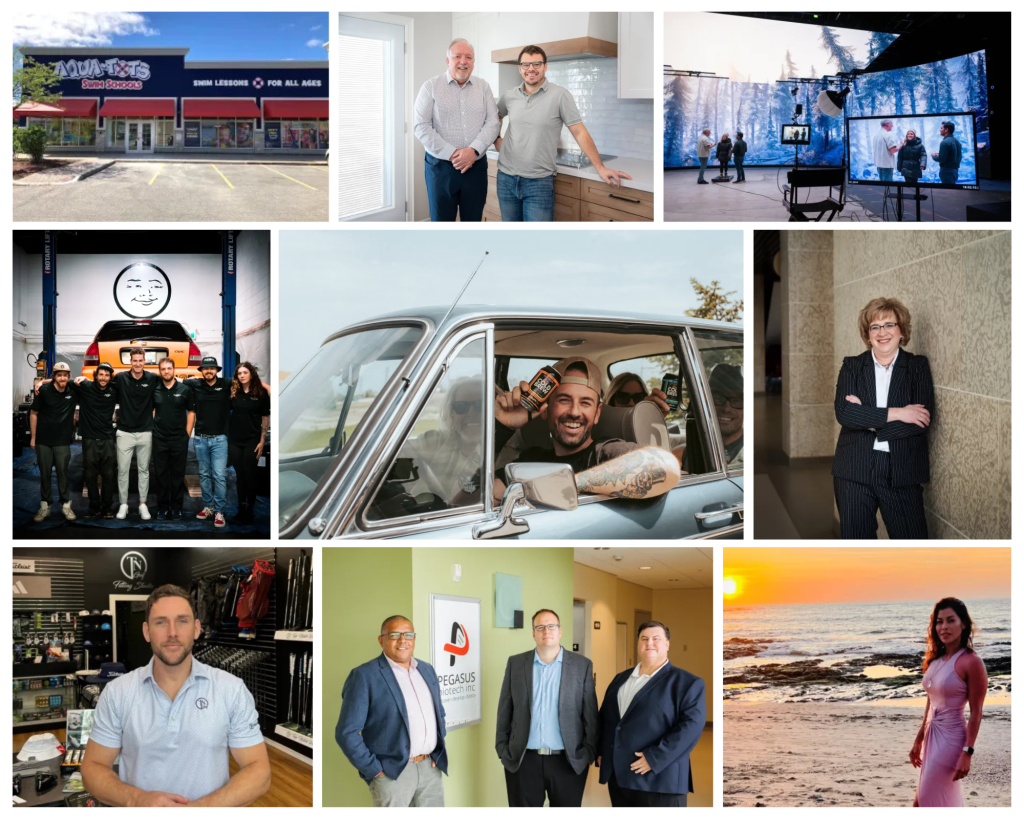TLDR
-
For Metropolitan Tea, sustainability practices have improved both tea quality and business performance
-
Sales have grown up to 70% since 2020, alongside a growing emphasis on sustainability
-
Small steps over time can make a meaningful difference in reducing energy use
-
A commitment to social equity, health and safety throughout their supply chain helps support stronger collaboration with suppliers
A tea business steeped in purpose
With over 45 years of experience in the tea industry, Level 5 Tea Master Gerry Vandergrift has witnessed firsthand the impact of climate change on the tea trade, from unpredictable growing seasons to declining crop quality.
Vandergrift founded Metropolitan Tea in his Toronto basement in 1991. As the company expanded, so did its sense of responsibility. With support from RBC, Metropolitan Tea has built a model rooted in environmental and social sustainability. The result? A smaller carbon footprint, stronger community impact and a better bottom line.
The healthier the planet, the better the tea
Metropolitan Tea’s mission is to deliver an unparalleled tea experience. Achieving this means caring about every step in the process, from how tea is grown to how it’s packaged.
“In the ’80s and ’90s, the seasons were predictable,” Vandergrift recalls. “Now it’s hit and miss — droughts, storms and too much rain all affect the quality.”
As such, sustainability has been a priority for Vandergrift and his team since day one. Key measures include:
-
2,500+ solar panels on their manufacturing facility
-
100% compostable tea bags and envelopes
-
Vacuum-packed designs that reduce shipping volume by 15–20%
-
Post-consumer waste used for all carton boxes
-
LED lighting and energy-saving systems throughout their production facility
-
Rehabilitating a 200-acre abandoned farm into a carbon sink
-
Sourcing tea from high-altitude regions where pesticides aren’t needed
“As a company that deals with agricultural products and a global supply chain, concern for the environment, sustainability and governance factor into every facet of our business and every decision we make,” says Vandergrift.
“Ethical tea tastes better”
Exceptional tea starts with empowered people. From growers to employees to consumers, Metropolitan Tea upholds high ethical standards across its supply chain.
“Great teas are not produced by a workforce under duress,” Vandergrift says. “Everyone has to be a winner — from the worker at the estate to the person enjoying the cup of tea.”
That belief informs their buying strategy, and they source only from reputable global producers with proven ethical records. For instance, they work closely with tea estates to ensure safe housing, schooling and food allowances are provided to workers and their families, as well as access to pension funds to support their long-term security. “These workers have lives — they have dreams and dreams for their kids. The tea estate has to give the workers the ability to dream. To do that, you have to have a social conscience,” says Vandergrift.
Sustainability drives results
Since 2021, sales have increased substantially — a growth Vandergrift attributes to a forward-looking strategy, underpinned by their sustainability focus.
“Our environmental initiatives have affected our bottom line significantly,” he says. “Not just in the last few years — in the last 20. Every step we’ve taken has realized a saving in some way. Even if it’s one cent here and two cents there… do that 300 times, and it adds up.” He points out that many companies have the misconception that prioritizing environmental and social sustainability practices is too expensive or indulgent. “Our experience shows that a commitment to people and the planet has the opposite effect,” he says.
Always striving to do more
Even with decades of progress, Metropolitan Tea keeps raising the bar, driven by its own values and those of its customers. Recently, a client asked them for a measurement of their carbon emissions. With RBC’s help, they collaborated with Carbonhound, a company that extracts shipping data, provides a dashboard to benchmark and monitor their sustainability goals, and clear insight into how to improve.
“We didn’t know where to start,” says Vandergrift. “Since RBC’s introduction to Carbonhound, we’re measuring ourselves constantly and adjusting when needed.”
Collaboration is key
Vandergrift points out that sustainability is a team effort. “We work with our farmer-growers – we give them ideas, they give us ideas. It’s collaborative,” he says.
That same collaboration extends to RBC. Their ability to connect clients with third-party experts like Carbonhound and sustainability advisors like Natasha Shute is a key differentiator.
“It’s a priority for RBC to understand clients’ transition plans and help facilitate the capital and tools to move forward,” says Shute, VP, Commercial Sustainable Finance Team at RBC. “Supporting this journey helps foster innovation and create competitive advantages.”
“RBC has always been there for us,” Vandergrift adds. “They listen, and they have the experience to help.”
Carbon Measurement in Action: Mapping a Canadian Company’s Environmental Sustainability Journey: How a Tea Company Tracks and Reduces its Emissions
Brewing a better future
In 2004, Metropolitan Tea was carbon positive. Since then, the company has significantly reduced its energy use and carbon emissions. Today, Carbonhound estimates Metropolitan Tea’s emissions are net negative, even with sales three times higher than in 2004. Every year, they set new goals and take steps toward achieving them.
Their journey shows that a commitment to people and planet helps lead to a better product and stronger financial results. Profit and purpose aren’t trade-offs. Rather, they go hand in hand.
Learn more about RBC’s Commercial Sustainable Finance
Supporting Canadian companies in their transition to a low carbon economy.






